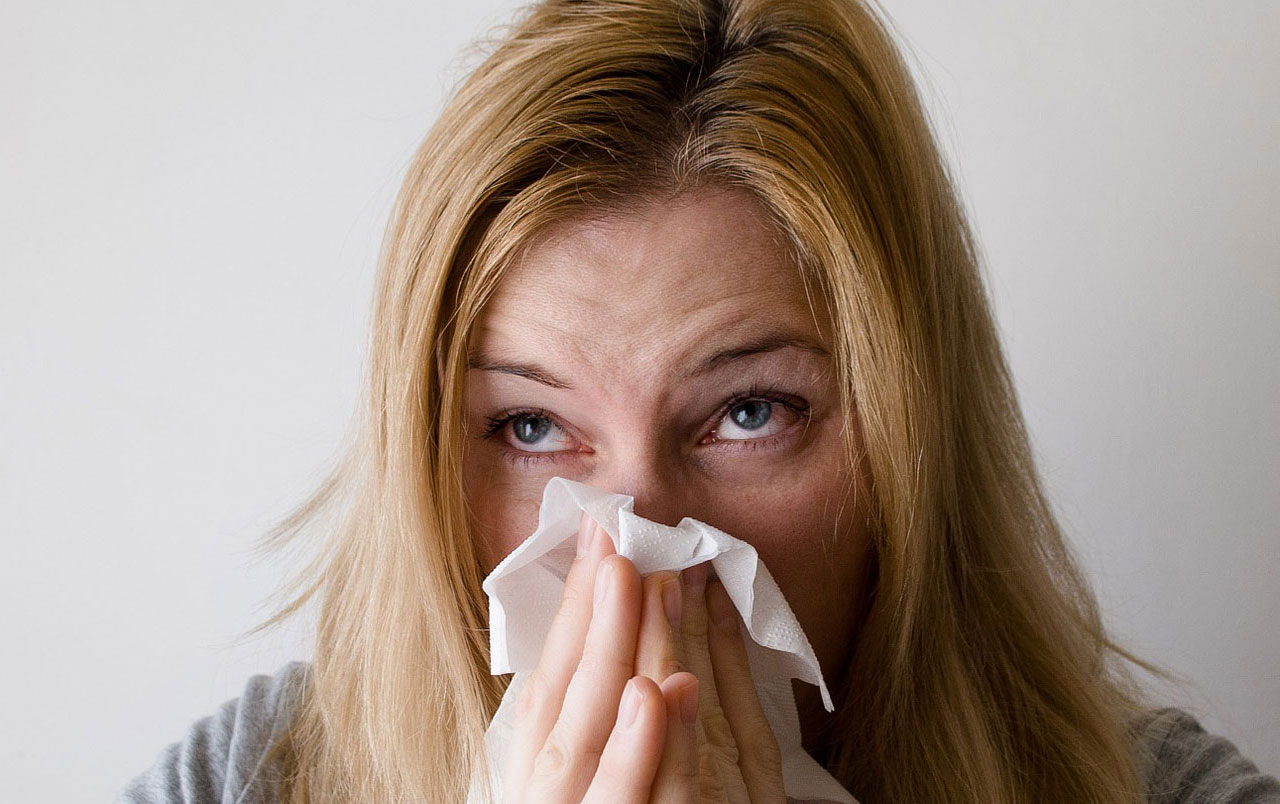
Viral fever, also known as “flu,” is a common condition that affects people of all ages. It is caused by a viral infection that results in symptoms such as high fever, body aches, headaches, cough, sore throat, and fatigue. While there is no specific cure for viral fever, there are several things you can do to alleviate your symptoms and recover more quickly.
- Rest and hydration One of the most effective ways to treat viral fever is to get plenty of rest and stay hydrated. When you have a fever, your body needs extra energy to fight off the virus, so it’s important to take a break from your regular activities and get some rest. Drink plenty of water, juices, and other fluids to keep yourself hydrated, and avoid alcohol and caffeine, which can dehydrate you.
- Over-the-counter medications Over-the-counter medications like acetaminophen and ibuprofen can help relieve fever, headache, and body aches. However, it is important to follow the recommended dosage and not exceed the maximum dose, as this can cause liver damage or other complications. If you are taking other medications, check with your doctor or pharmacist before taking any new medications.
- Cold compresses Using cold compresses on your forehead, neck, and other areas of your body can help reduce fever and relieve discomfort. You can use a damp washcloth, an ice pack, or a bag of frozen vegetables wrapped in a towel to apply cold compresses.
- Warm liquids and steam Drinking warm liquids like tea, chicken soup, or hot water with honey and lemon can help soothe a sore throat and ease congestion. Inhaling steam from a hot shower or a bowl of hot water with eucalyptus oil can also help relieve congestion and coughing.
- Good hygiene practices Viral fever is highly contagious, so it’s important to practice good hygiene to prevent the spread of the virus. Wash your hands frequently with soap and water, cover your mouth and nose when you cough or sneeze, and avoid close contact with others who are sick.
In conclusion, viral fever is a common condition that can be treated with rest, hydration, over-the-counter medications, cold compresses, warm liquids and steam, and good hygiene practices. If your symptoms persist for more than a few days or if you have other underlying health conditions, it’s important to seek medical attention to ensure proper diagnosis and treatment.